October 24, 2024

International School of Nice
FR
We will launch our 2024-2029 strategy later this year, but expect a big focus on Food, Finance and Communities.

This interview was conducted by Selva Ozelli
Tell us about Global Resilience Partnership (GRP).
Founded in 2014, the Global Resilience Partnership advances resilience through identifying and scaling on the ground innovation, generating and sharing knowledge, and shaping policy. Resilience underpins sustainable development in an increasingly unpredictable world. We envisage an inclusive world in harmony with nature, that is better prepared to cope with shocks, adapt to change, and transform – all within planetary boundaries. GRP is made up of 80+ Partners that have joined forces to work together towards this vision.
What are GRP’s strategy, plans and policies?
Our overall focus is across innovation, knowledge and policy. We aim to integrate our work on the ground, mainly supporting small and medium enterprises with resilience initiatives, with knowledge advancement and sharing across our partners and then policy engagement from the community to the global level. We will launch our 2024-2029 strategy later this year, but expect a big focus on Food, Finance and Communities.
Does your organization collaborate/partner with other institutions? How many?
We believe that partnership is the only way to solve the polycrisis we are in now. Our entire way of operating is through our 80+ Partners - thereby ensuring that we add up to more than the sum of our parts.
Across GRP's areas of work, how does GRP support, connect and catalyse initiatives amongst Partners that deliver resilience impacts?
We have eight key initiatives that we work together on with our Partners. These initiatives are joint activities where Partners come together to collaborate on a specific project. For example, through our Innovative Finance for Resilience programme, we collaborate with the Lutheran World Relief (LWR)‘s Mountain Harvest in Uganda and the Near East Foundation (NEF) in Sudan to provide small-scale farmers access to fairly-priced loans, as well as change perceptions around the risk they represent and helping them to uncover opportunities to bring resilience strategies into their farming and livelihoods.
Does your organization take part in Climate Conferences such as the UN Climate Change Conferences? Which ones?
Yes, we are active at the Regional Climate Weeks as well as the UNFCCC Climate COPs. We are one of the managing partners of the Resilience Hub, an inclusively built virtual and physical space that aims to mobilise greater levels of ambition and action on building resilience to climate change. It serves as the home to the Race to Resilience campaign at COP, representing over 1,500 non-state actors taking action on resilience around the world. We are also co-leads for the Adaptation and Resilience agenda of Race to Resilience Campaign and Sharm El Sheikh adaptation agenda.
What is the importance of art in raising attention to climate change? Tell us about GRP’s involvement with the establishing Group of Friends Culture-Based Climate Action Plan at the COP28.
We feel that art is a key medium for raising attention to climate change. It speaks to people in a different way than reports or presentations do. Art can visually represent challenges communities face and the resilience strategies they employ to navigate through change. It can communicate stories of resilience, evoking emotions and inspiring action and help to advance conversations that might be stalled or stymied. And it has the power to convey complex ideas and insights in accessible and compelling forms. Through artistic expression, people can engage with the complexities of climate change on a personal and meaningful level, driving awareness, advocacy, and ultimately, positive change.
Tell us about the Resilience Hub & Animation Showcase. How many partners does Resilience Hub have and how long has the Resilience Hub been in existence?
The Resilience Hub has seven managing partners and collaborates with over 70 organisations on the programme and sessions. The programme and sessions use different forms of artistic expression such as murals, music, poetry and comics drive the message of adaptation action at local level. The Resilience Hub first launched at COP26 and has been present at the last three COPs with plans for an iteration at COP29.
Anything else you would like to tell us.
You can learn more about GRP on our website.
How can people reach you?
People can reach us by subscribing to our newsletter and following us on social media (LinkedIn, Facebook, X, and Instagram).
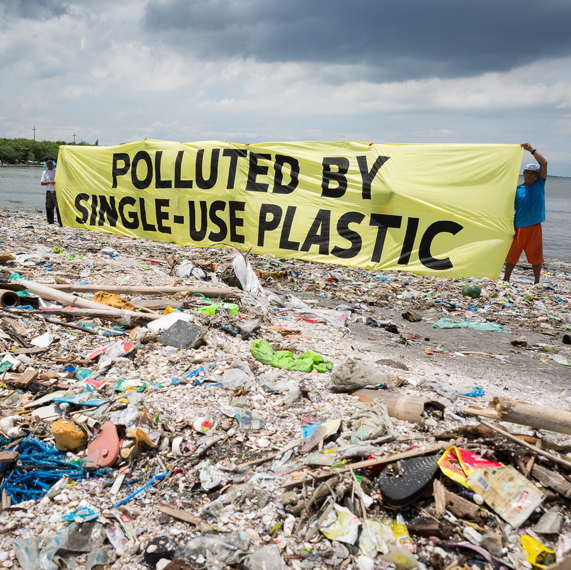
Why we need a UN Treaty on plastic pollution The Ellen MacArthur Foundation is a UK charity working on business, learning, insights & analysis, and communications to accelerate the transition towards the circular economy.
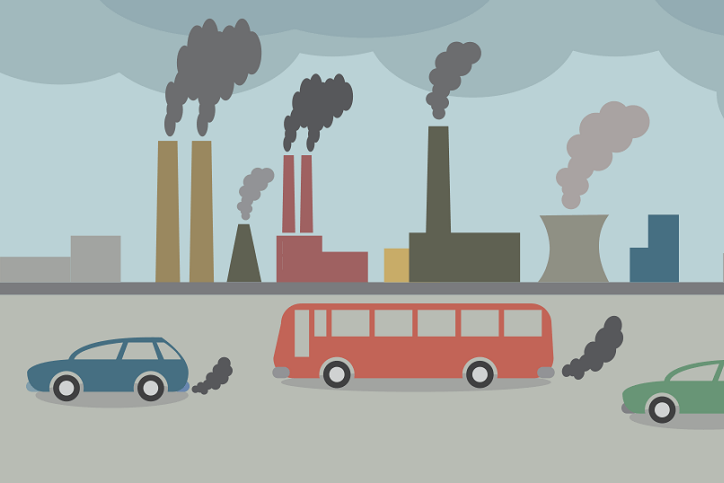
Air Pollution for Kids Air is all around us and we need it to survive.
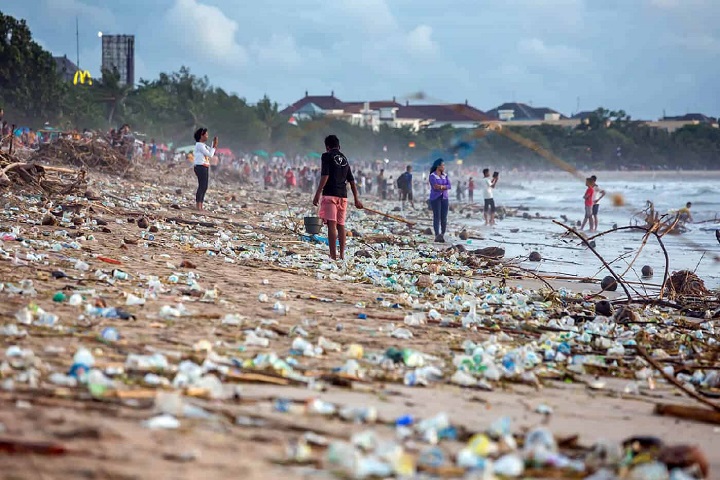
Why We Need to Stop Plastic Pollution? Our oceans are being filled and killed by throwaway plastics.
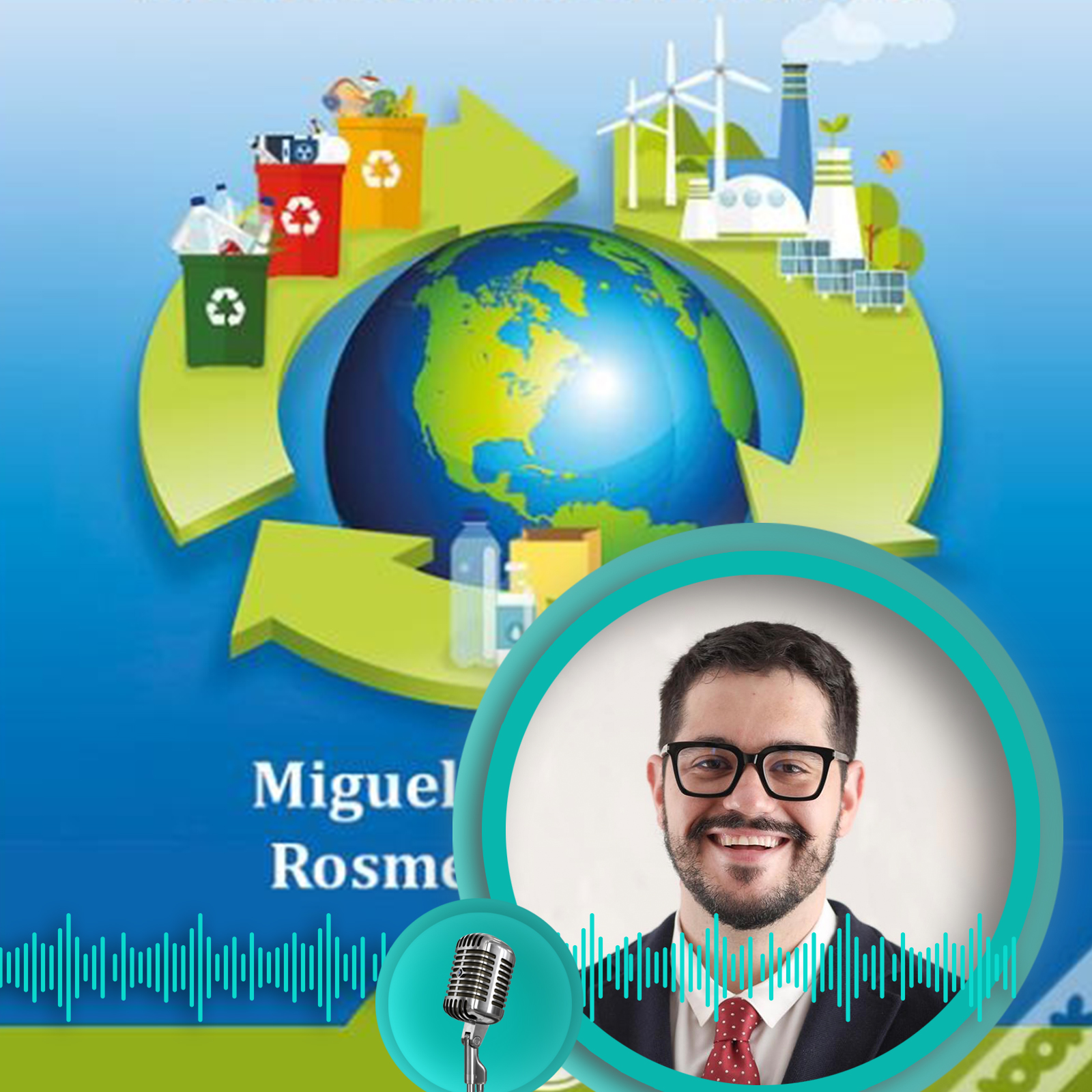
Climate Change, Ecological Crisis and Sustainability We are all agents for change in climate action.
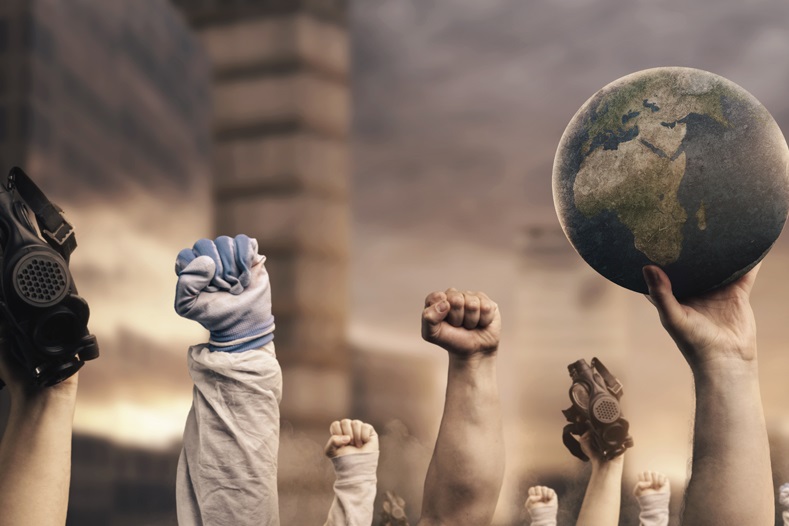
Climate Racism Climate Racism: Social Inequalities in the Age of Climate Change